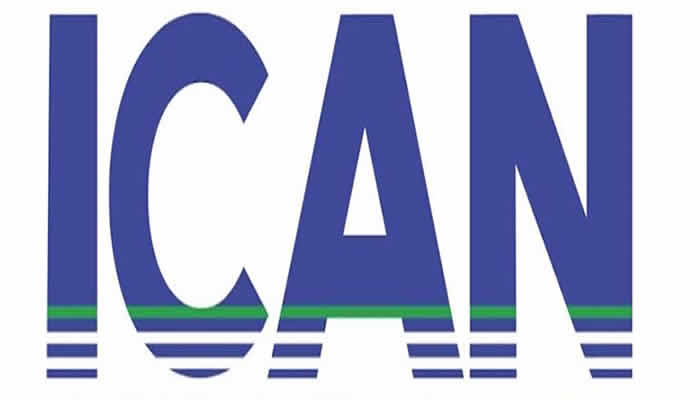The Institute of Chartered Accountants of Nigeria (ICAN) has backed the decision of the federal government to stop funding of professional bodies and councils.
The federal government recently said that budgetary allocations would no longer be made for professional bodies and councils with effect from January, 2024.
The Director General, Budget Office of the Federation, Ben Akabueze, disclosed this in a letter to the professional bodies and councils.
The President of ICAN, Innocent Okwuosa, yesterday in a statement, said the institute was a self-financed organisation that did not depend on allocation from the government, stressing that all professional bodies should be self-financing organisations.
ICAN backs stoppage of budgetary allocation to professional bodies
FG okays vehicle importation via land borders
He said that on no account should budgetary allocation be extended to any professional body as it would assist in bringing down the high cost of public governance.
He said, “We want to state that once upon a time, the Institute of Chartered Accountants of Nigeria (ICAN) did indeed receive irregular meagre budgetary allocation of between N1m and N5m a year. In 1989/90 year, ICAN voluntarily returned the cheque for the budgetary allocation back to the Federal Government (FG) declaring itself a self-financed organisation.
“I want to categorically state that since 1990 to date, ICAN has been a self-funded organisation and does not receive any budgetary allocation from the FG. ICAN relies on members’ subscription, Professional Examination, Continuous Professional Development (CPD) and Faculty programmes’ net fees and other self- financing events like Annual Accountants Conference (AAC), as well as financial support from different organisations that identify with the ICAN brand.”
He, however, noted that the institute did not support the discontinuance of budgetary allocations to some regulatory councils that functioned as parastatals such as the Financial Reporting Council of Nigeria (FRC) and the National Council on Climate Change (NCCC).
He advocated for more budgetary allocations to be made to the FRC to enable it to fulfil its many mandates.

 Join Daily Trust WhatsApp Community For Quick Access To News and Happenings Around You.
Join Daily Trust WhatsApp Community For Quick Access To News and Happenings Around You.


